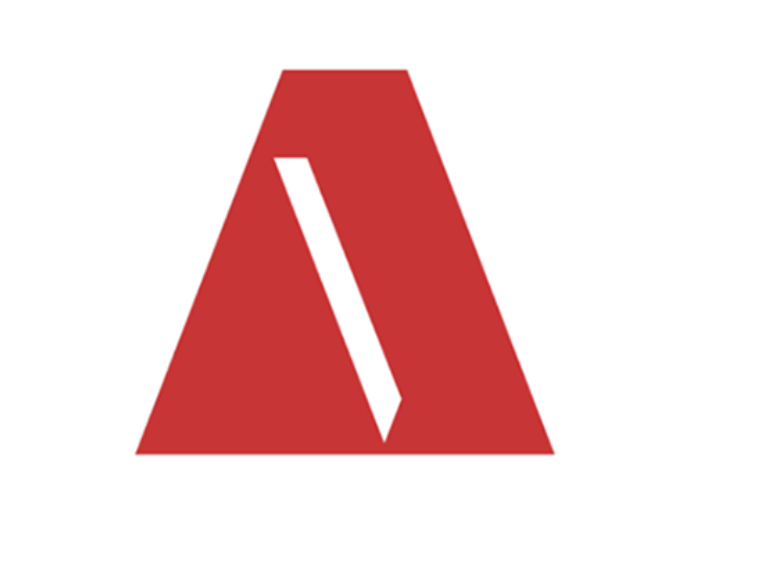Artezio together with its German partners attended CeBIT-2010 in Hannover
First organized in 1986 by Deutsche Messe AG in Hannover, CeBIT is the world’s largest trade fair showcasing digital IT and telecommunications solutions for home and work environments. This year 4,157 companies from 68 countries exhibited at the Event. One of the messages of this CeBIT was the growing importance of IT and ICT offshoring. No wonder that some interest of the CeBIT attendees was riveted on offshoring in non-BRIC countries.
It is worth mentioning CBI (Centre for the Promotion Imports from developing countries, a project of the German Ministry of Foreign Affairs) among the main promoters of such idea during the CeBIT. To attract potential clients’ attention CBI presented 15 small and medium companies from Armenia, Bangladesh, Colombia, Sri Lanka, the Philippines, Thailand and Vietnam on its booth. Thus IT-companies from these countries received a support of western society. However, the attitude towards offshore software development as a method of cost-reduction but not quality improvement by cooperation with specialized partners and the benefits of access to professional resources abroad is still on the focus.
Another part of the CeBIT devoted to multisourcing, offshore location selection, skills availability, new trends in outsourcings, etc. was the Flat World Forum that gathered outsourcing companies from Turkey, Brazil, Czech Republic, Macedonia, Ukraine, Egypt and certainly India. As at the last sufficient German IT-Event Entscheiderforum Outsourcing that Artezio attended earlier, Russian software development companies were not represented this year as well. Such low presence of Russian companies on the main Industry events can shatter the confidence towards Russian software outsourcing industry among German-speaking customers in general.

